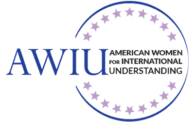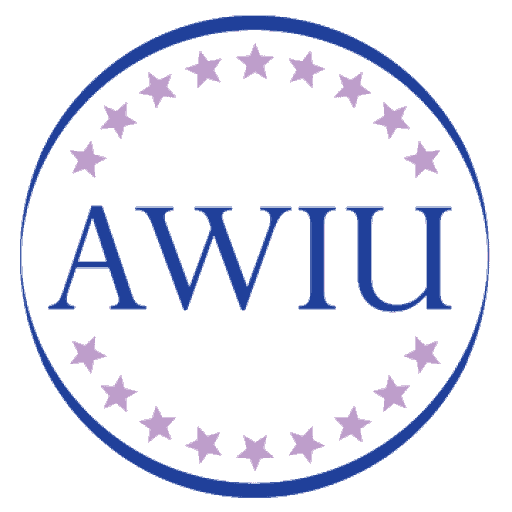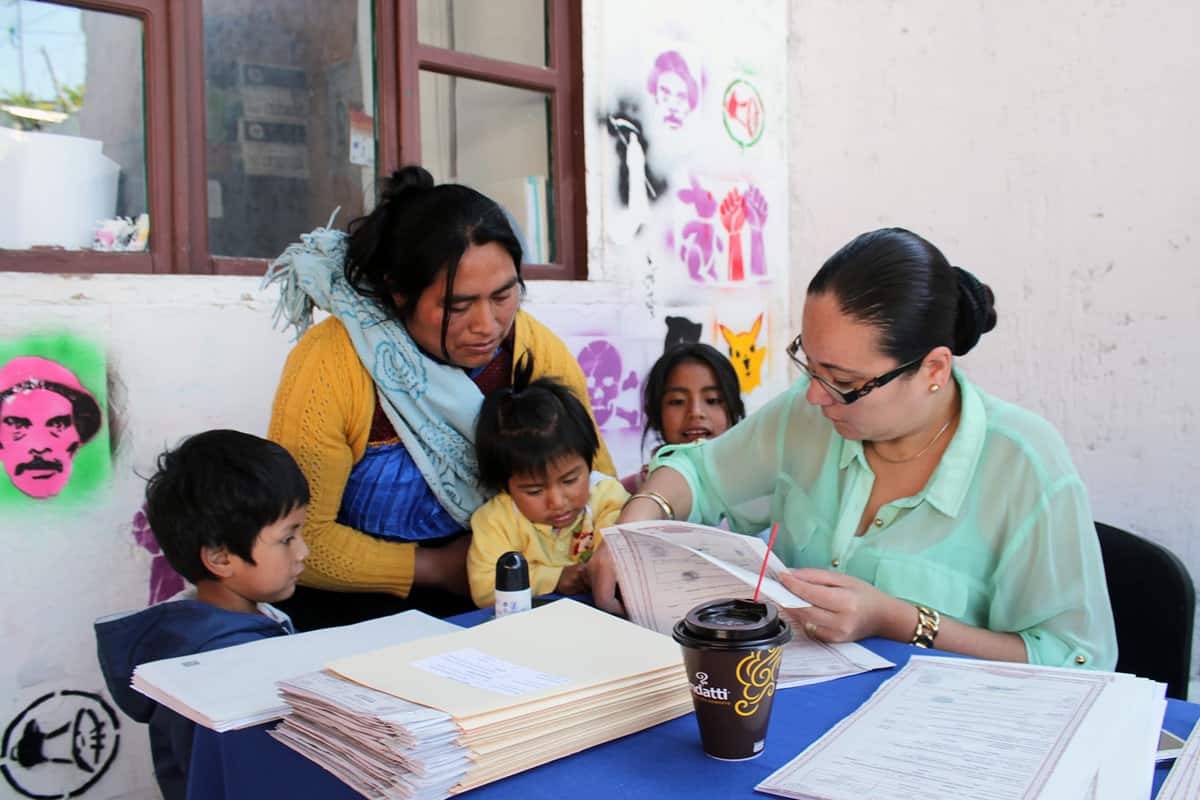AWIU provided a grant to Melel Xojobal for a project that will help obtain birth certificates for children from birth to seventeen who were born in small villages of Chiapas, Mexico. Young girls cannot qualify for basic rights, such as school registration without a birth certificate but most are from families that don’t have the resources to deal with the official steps needed to obtain one. Melel Xojobal helps them do so. AWIU delegation visited Melel Xojobal in 2015 and was very impressed with its mission and work.
Melel Xojobel is a children’s rights group. The streets of San Cristobal are full of young children selling handicrafts. Memel Xojobel’s goals are: reducing the risks of the street such as car accidents, seasonal illnesses and child trafficking; educating about rights; helping children enter and remain in school. They also have a day care program and an early education project.
About Melel Xojobel:
Melel Xojobal (“True Light” in the Tsotsil Mayan language) is a Civil Association (NGO) founded in San Cristóbal de Las Casas, Chiapas in 1997 by Dominican friars and lay people. We work in the state of Chiapas with indigenous girls, boys and young people from 0 to 20 years of age who live in conditions of poverty, marginalization and social exclusion. The essence of our work is the promotion and defense of children and young people’s human rights, through educational activities that improve their quality of life.
Melel Xojobal works in a participatory manner to promote indigenous cultural identity, to defend human rights, to strengthen personal dignity, to ensure that justice and liberty are respected, and that the participation of all is ensured regardless of race, gender, creed, religious affiliation or ideology. We believe education is a fundamental means by which people exercise self-determination and become the authors of their own history.
The educational work that they undertake concentrates on prevention and maintains a child welfare and human rights focus. This work is based on the principles of popular education and constructivism and uses as its principal theoretical and methodological references, amongst others, the works of Freire, Vygotsky, Gross, and Deval. The principal themes of our work include: the rights of girls, boys, and indigenous young people; participation; education; healthy lifestyles; social inclusion; addiction; violence; and discrimination.



